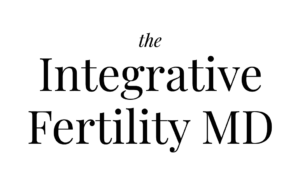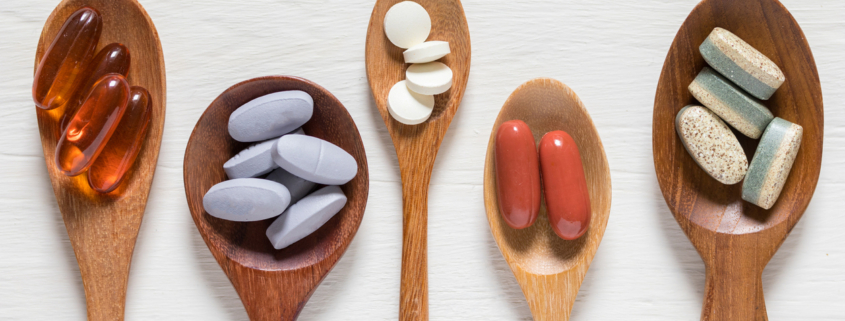Trying to bring a new child into the world tends to make us question all aspects of our lives! Am I eating a well-balanced diet? Am I moving my body enough throughout the day? Is this headache medication safe while trying to conceive? What about my shampoo? Am I getting enough sleep? Am I stressing out about all of this too much and causing more harm than good?
Nutritional supplements are just one more area of life you might find yourself reevaluating in light of your desire to conceive a child. Adding a prenatal vitamin is a no-brainer. And you might have heard the recommendation from healthcare providers to add a folate supplement as well.
But have you considered adding a powerful antioxidant like coenzyme Q10 to the mix? If so (or even if you’re not!), read on to find out how this could help you!
A Quick Chemistry Crash Course
If you haven’t thought about free radicals and antioxidants since your high school chemistry class, you’re certainly not alone! Here’s a crash course in case you’ve long since packed away your textbooks!
Free Radicals: Building Up in the Body and Causing Chaos
Most molecules contain an even number of electrons, which keeps them stable. Free radicals are different, though. These molecules contain an odd number of electrons.
This makes these unstable free radicals bind easily with other molecules in the body. These molecular combinations can cause very long molecular chains that have the potential to cause quite a bit of damage in the body.
These unstable free radicals, then, can build up to an unhealthy level. This results in oxidative stress, which can cause inflammation and other undesirable side effects. These could include autoimmune disorders, pain, cancer, and metabolic problems. This may also have a negative impact on fertility levels in both males and females.
(It’s important to note that a small number of free radicals in the body isn’t dangerous. In fact, exercise and similar healthy stressors can cause the release of free radicals. It’s a buildup of an excessive number of free radicals that you want to avoid!)
Antioxidants to the Rescue!
Antioxidants, on the other hand, are able to help balance out free radicals. Antioxidants bind one of their own electrons to bring balance to an unstable free radical. But in doing this, they don’t give up any of their own stability!
In this way, antioxidants help provide a safer environment inside the body. They can also prevent cellular damage from oxidative stress caused by a buildup of free radicals.
Some Potential Benefits of Coenzyme Q10
Coenzyme Q10, or CoQ10, is a very powerful antioxidant. Research on this antioxidant is ongoing, and more studies are needed. But some current studies suggest that coenzyme Q10 could have benefits such as lowering risk of heart disease, migraine, and secondary heart attack after another cardiac event.
Coenzyme Q10 and Its Impact on Female Fertility
Even though more human studies are needed, preliminary studies have shown that supplementation with coenzyme Q10 could promote improved egg count. It may also possibly improve egg quality.
Coenzyme Q10 has also been linked to improved ovulation rates in patients with polycystic ovarian syndrome who are seeking ovulation induction through Clomid. There is also some evidence to suggest that it can contribute to improved ovarian response during IVF cycles.
It’s important to remember that while coenzyme Q10 has shown some promise in improving egg quality, most studies that have shown significance at the statistical level have been studies in animals. Human studies have been limited and have shown a limited benefit. (It may also be possible that the studies are too small to show coenzyme Q10’s full benefit.)
Coenzyme Q10 and Its Impact on Male Fertility
Studies have also shown that supplementation of coenzyme Q10 in males may increase their sperm concentration (number of sperm) and motility (movement of sperm).
Do You Have More Questions About Coenzyme Q10 or Another Supplement?
So the jury is still out on the actual benefits of coenzyme Q10 use in humans. But it appears to have promise, and supplementation with coenzyme Q10 is generally considered safe.
We know that trying to conceive can be a tricky time. So if you’re finding yourself analyzing and reanalyzing everything you put into your body, it might be time to consult with a specialist in the integrative fertility field who can help take some of the guesswork out of the equation for you.
Dr. Salem and her team are experts at finding the right fertility protocol for you. If you’d like to talk about whether or not coenzyme Q10 is appropriate to add to your supplement regimen, reach out today to schedule a consultation!



